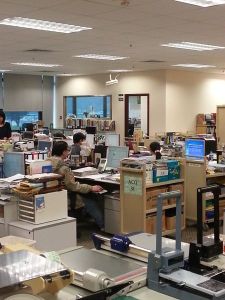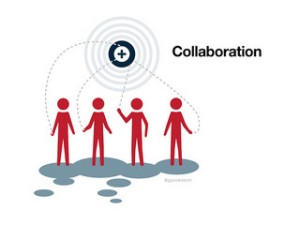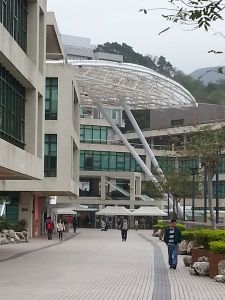I am a little sad because this morning I got excited about meeting the Aquisitions Librarian. Not that cataloguing rocks my world in any shape or form but I still haven’t done that bibliographic standards module yet. I keep putting it off because everyone I have spoken to says it is so difficult. I have bought the texts and got the readings but just haven’t signed up for it…
Today I am meeting Joyce from Aquisitions and she kindly asked if there was anything that I wanted to know. I mentioned RDA as I know we had to write an assignment about it. So very kindly she has sent me some links. She also mentioned a book that might help. Other materials I found include The Joint Steering Committe for RDA website, rdabrochureJanuary2010 , RDA objectives and Principles ,
Hopefully it might help me get a bit ahead of the game.
I am looking forward to the chat as I really know so little about this aspect of things.
Wow! Once again I am blown away by how much there is to do and how complex it is. 16 people work in the Aquisitions and Bibliographic Section. The average day sounds like lots of communicating and collaborating with departments and other library sections; checking book reviews, orders, payments and meetings with the other sections. Where possible they share purchasing with other institutions to decrease costs. (If only my organisation did this. We must all buy the award winners each year and many of us want the same subscriptions.) Bibliographic records are shared, rather than starting from scratch each time, whenever possible. this saves time and enables manpower to be utilised else where.
The amount of materials coming into the library is atonishing and they are processed on a priority basis. The INOPAC allows for users to request books that have not yet been fully processed and these are given first priority. The promise is that if a request for an ‘i’ material is made (in process), it will be with the user with 24 hours. This means that there are dedicated people who deal with this daily. Luckily the demand for this service is not too huge; usually no more than 10 per day. After that core course materials, new books and finally donations are processed. Obviously any of these could be prioritised due to a requestfrom a patron.
I felt that the main issue the section encounters is the materials donated. I have written a collection policy and put in the required paragraph on dealing with donataions however I do not deal with donations that run into the tens of thousands like they do here. The section is over run with donations many of which will be of no use to the library. Some of the donations must be kept because they are scholarly works or they may have been donated by someone of great importance. Unfortunately though much of it is not applicable to the setting and will not be wanted by the user.

Disposal is difficult. Some of the materials are donated to the local primary and kindergarten school but they can not be sent to a charity that will sell them. Sometimes they are sent to programs in China but I am unsure how they could possible dispose of the quantities I saw today. As this is my first time seeing anything like this I am unsure if this is normal.. if you have any experience I’d love to hear about it. Pictures to follow.





